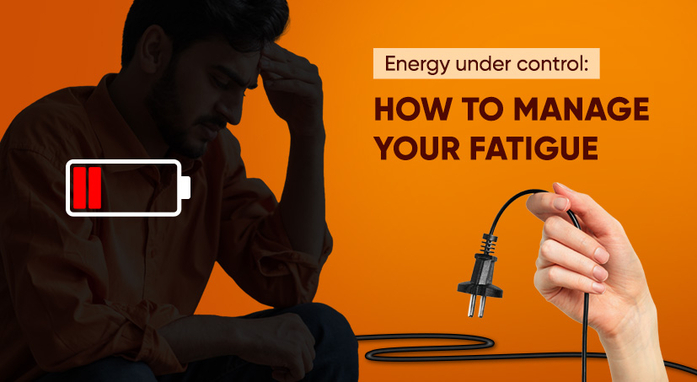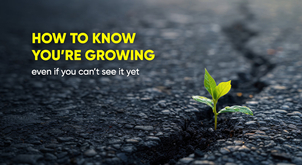
Don’t become a squeezed orange — take care of yourself every day.
Chronic exhaustion has become the new normal in today’s society. We rush, solve problems and try to have a finger in every pie — without even noticing how drained we’re getting. But if you’re running on empty every evening, how can you find the energy needed to grow, learn and improve? Instead of spending your entire vacation just trying to catch your breath, learn how to manage your energy a little bit each day.
Why the habit of “pushing through fatigue” holds you back
In many cultures today, fatigue is seen as a badge of honor — a sign that you’re “trying hard”. But in reality, chronic exhaustion lowers your focus, clouds your judgment and just throws you off balance.
How are you supposed to learn new things, build better habits or set meaningful goals if you’re constantly worn out? Energy does not equate to inspiration — it’s a basic resource. Without it, even motivation stops working.

Where we lose energy: 3 major “leaks”
1. Task overload. We say “yes” to everything at once — work, family, all the friends’ requests... and every day becomes a battle against the calendar as a result.
2. Infoglut. Constant notifications, news and social media surround us. The brain overheats from endlessly jumping between dozens of distractions.
3. Emotional debt. Unfinished conversations, inner conflicts, anxiety etc... Even if you’re not actively thinking about them, they quietly keep draining your energy.
In today’s multitasking, hyper-connected environment so characteristic of our tumultuous lifestyle, these leaks hit especially hard.
Simple principles for restoring energy
A. Set clear priorities
No matter how paradoxical it may sound, not everything urgent is necessarily important. Try to focus on 1–2 key tasks per day while leaving room for flexibility — within reason.

B. Take short breaks
A quick walk to the nearest intersection, a few cycles of slow deep breathing or even 5 minutes away from the screen — all this helps you “reset” in the moment, right here and right now.
C. Limit background noise
Allow yourself 1–2 hours a day without gadgets and news in the information age. At first, this “info-vacuum” may feel like deafening silence, but soon enough this sharp contrast will help you relax and then recharge — like a mental contrast shower.
D. Look out for yourself
A simple stretch, an extra glass of cool water, a full night’s sleep only seem obvious and trite trifles. In reality, however, they help you recuperate instantly and help build up long-term reserves of energy.
How do you know your energy is coming back?
You’ll notice it’s become easier to focus, you feel the desire to learn new things and self-improve again. Constant irritability fades, your thinking clears and life feels interesting once more. You actually want to do things, not just “make it until evening”. Even if your progress is just 1% a day — you’re on the right track.
Fatigue isn’t strength — it’s a signal
You don’t need to be a hero every day. Managing your energy isn’t just some clever excuse for laziness, but rather an expression of reasonable self-care. Without innate resource, you can’t build your career, your relationships or your better self. After all, how are you supposed to bring about changes for the better to those around you if you can’t even help yourself?
Start small: pick one energy leak — and close it today.
You’ll feel the difference.
Take emotional tension and fear, for example — some of the least noticeable energy leaks. Read the article “How to avoid becoming a hostage to your fears” on how to escape their malignant influence.












